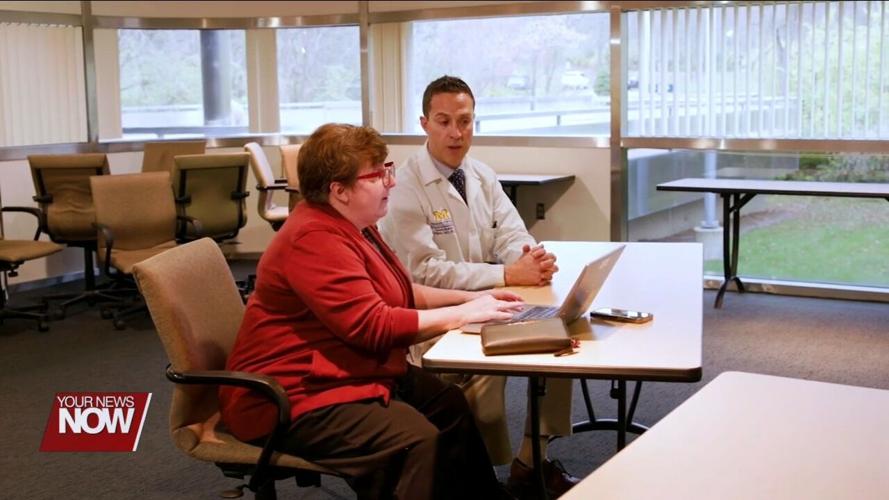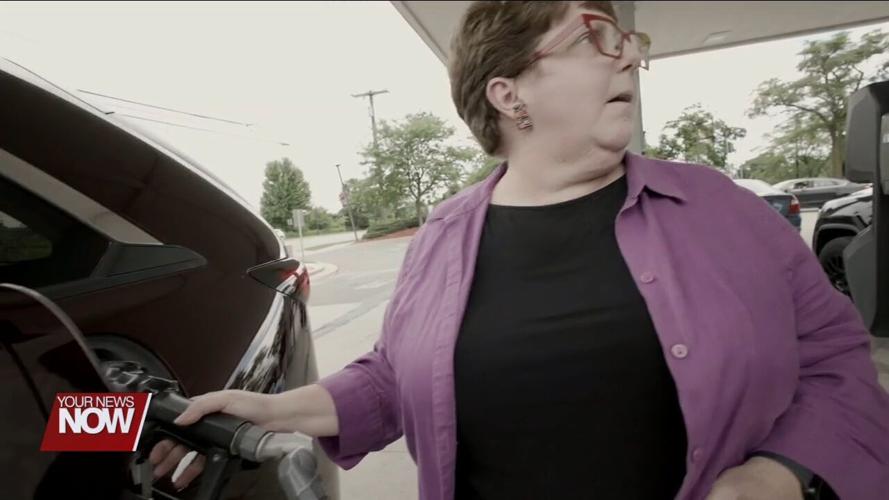
A poll from the University of Michigan finds that more than half of older adults have cut back on everyday expenses in the last year.
ANN ARBOR, MI (U OF MICHIGAN HEALTH) - A poll from the University of Michigan finds that more than half of older adults have cut back on everyday expenses in the last year, and nearly 1/5 said they have had trouble in the past year paying for health-related costs.

Most adults in the poll also said the financial strain is causing them stress.
Older adults who said they’re in fair or poor physical or mental health were around twice as likely to say they have slashed their health-related spending. The physician who leads the national poll on healthy aging team says the findings are concerning for the wellbeing of older adults.
“When people go without health care due to concerns about the cost, that can lead to serious problems down the road. For example, when people go without routine preventive care, or they go without routine care for chronic conditions like diabetes, that can lead to more health problems in the future, that can also lead to more expenses for that individual or for their health plan, including for Medicare,” says Dr. Jeff Kullgren, director of the National Poll on Healthy Aging and primary care physician and health care researcher at Michigan Medicine and the VA Ann Arbor Healthcare System.

Nearly 40% of all adults said they had cut back on social and recreational spending in the last year, and 28% had cut back on spending for groceries.
Most adults in the poll also said the financial strain is causing them stress. Doctor Kullgren says older adults who are feeling this way should bring it up with their health care provider.
“The good news is that there's a lot that your health care provider can do to help you with your cost concerns. For example, they may be able to work with you to come up with a lower-cost treatment plan; their office or their healthcare team may be able to come up with a payment assistance program for you. In some cases, there are coupons or discount cards for things like prescription drugs. So I would encourage older adults who are concerned about their health care costs to raise these concerns and work with their health care provider to see what can be done about them,” says Dr. Kullgren.
Nearly 40% of all adults said they had cut back on social and recreational spending in the last year, and 28% had cut back on spending for groceries.













